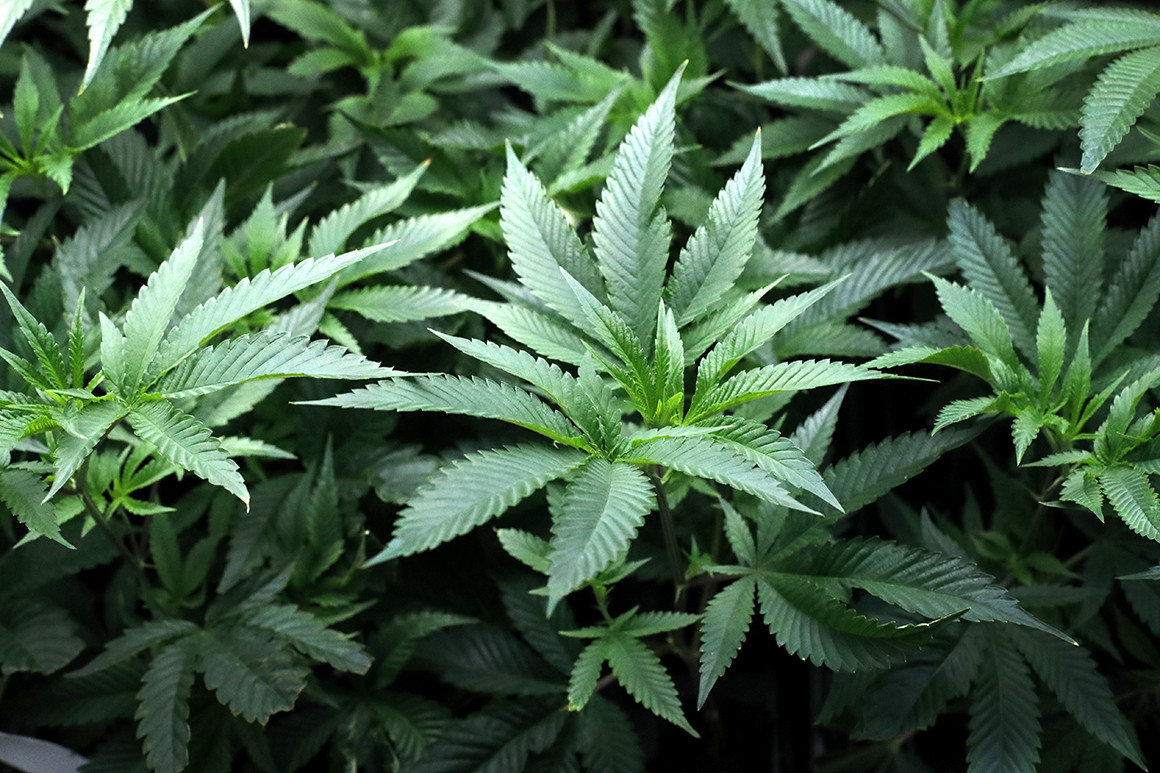The New York Office of Cannabis Management issued the state’s first-ever licenses for recreational dispensaries on Monday, ending decades of strict drug prohibition. Out of more than 900 applicants, the agency granted only 36 provisional permits to New York applicants, three of them in the Bronx.
After the Cannabis Control Board voted unanimously to approve the first set of applicants, attendees at the online meeting burst into applause.
The agency will continue granting licenses to other applicants on a rolling basis. Recipients of the provisional licenses will then have to submit their documents for final approval. They must renew their licenses after two years.
The yes vote represents a sharp turn in a city once dubbed the “Marijuana Arrest Capital of the World.” In 2011, more than 50,000 people were arrested for possession, the majority of them people of color.
But the rollout in the South Bronx is not without its critics. At least one applicant argues that not enough is being invested back into the community. Others complain that not enough is being done to help residents navigate red tape to get their retail licenses.
Most types of possession and use were decriminalized by the Marijuana Regulation and Taxation Act, signed into law last year by then-Gov. Andrew Cuomo. However, retail sales remained illegal until this week.
The licenses represent the final link in a supply chain that legalizes cannabis from farm to bong. Over the past year, the office has already granted over 200 licenses to cannabis cultivators, and dozens to cannabis processors.
“This is a monumental moment,” said Tremaine Wright, Chair of the Cannabis Control Board, before the decisive vote. “Not long ago, the idea of New York legalizing cannabis seemed unbelievable. Now, not only have we legalized, but we’re also building a legal adult use market with an equity-driven approach.”
There were strict requirements for who could qualify for a retail dispensary. Business applicants had to prove their connections to New York State and two years’ experience running a profitable business. They also had to prove that a part of the business was owned by a “justice-involved” individual – someone who had been convicted, or was closely related to someone who suffered as a result of a prior cannabis-related offense.
Non-profit organizations could also qualify by demonstrating a history of serving and working with incarcerated people, among other requirements. Eight received licenses.
These policies are particularly important to communities that suffered as a result of strict prohibition and sentencing laws, according to Desmon Lewis, co-founder of the Bronx Community Foundation.
“The Bronx is the community that has been the most impacted,” Lewis said, noting that the borough bore a disproportionate share of the arrests and convictions for cannabis offenses. “We’re just elated by what happened yesterday.”
Lewis’ foundation partnered with the legal defense organization Bronx Defenders to establish the Bronx Cannabis Hub, an organization created to help prospective applicants navigate the uncharted waters of the application process. They also covered the $2,000 application fee for those who qualified.
“The application wasn’t easy,” Lewis added, noting that it took multiple consultations to finish each application. “Even our lawyers found it very difficult to get through because there were a lot of nuanced requirements.” Of the hundreds of prospective applicants who came to the Cannabis Hub’s legal clinics, only three eventually received licenses.
For one applicant, the prospect of a retail license remains out of reach. Jose Rodriquez, who sells weed from a folding card table near the Hub, believes that the efforts haven’t gone far enough to provide equity to people most affected by the previous criminalization of marijuana.
“The people it’s meant for don’t have the capital to get into these shops,” he said, referring to the ability to purchase or construct a storefront for their business.
Instead, they’re left out of the market and end up having to sell their product out on the street, including Rodriguez himself, he said. He added that he has been arrested a few times for selling and smoking marijuana.
Rodriguez also lamented what he perceived as a lack of resources in the South Bronx to aid would-be entrepreneurs in helping them apply for retail licenses.
“There’s nobody helping us get these licenses,” he said. For whatever information an applicant needs, “you’ve got to go online.”
Rodriguez, who started selling marijuana products around The Hub this month, said he usually clears about $100 a day.
“It pays the bills – some bills,” he said.
Rodriguez also took note of the plethora of smoke shops around The Hub that, like other smoke shops dotted throughout the city, sell marijuana products in a legal gray area.
Many of the smoke shops in the South Bronx are not locally owned and the owners who profit do not invest back locally into the community, he alleged.
“Right now it’s just a total extraction,” he said. He added that he hopes there is more push locally in the community to launch locally owned retail marijuana shops that invest back into the community.
Desmon Lewis of the Bronx Community Foundation said more work lies ahead to reach future vendors.
“We’re doing the best we can,” he said. “We are reaching out to groups large and wide, not just the traditional groups, but the grassroots cannabis organizations” as well.

